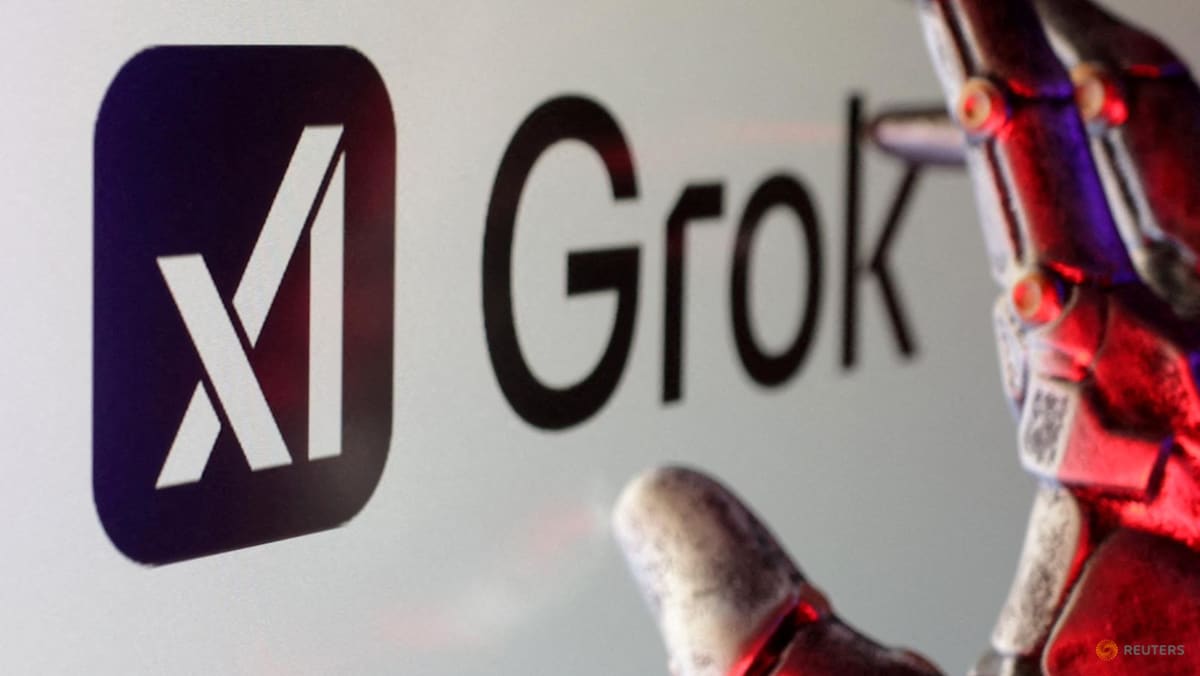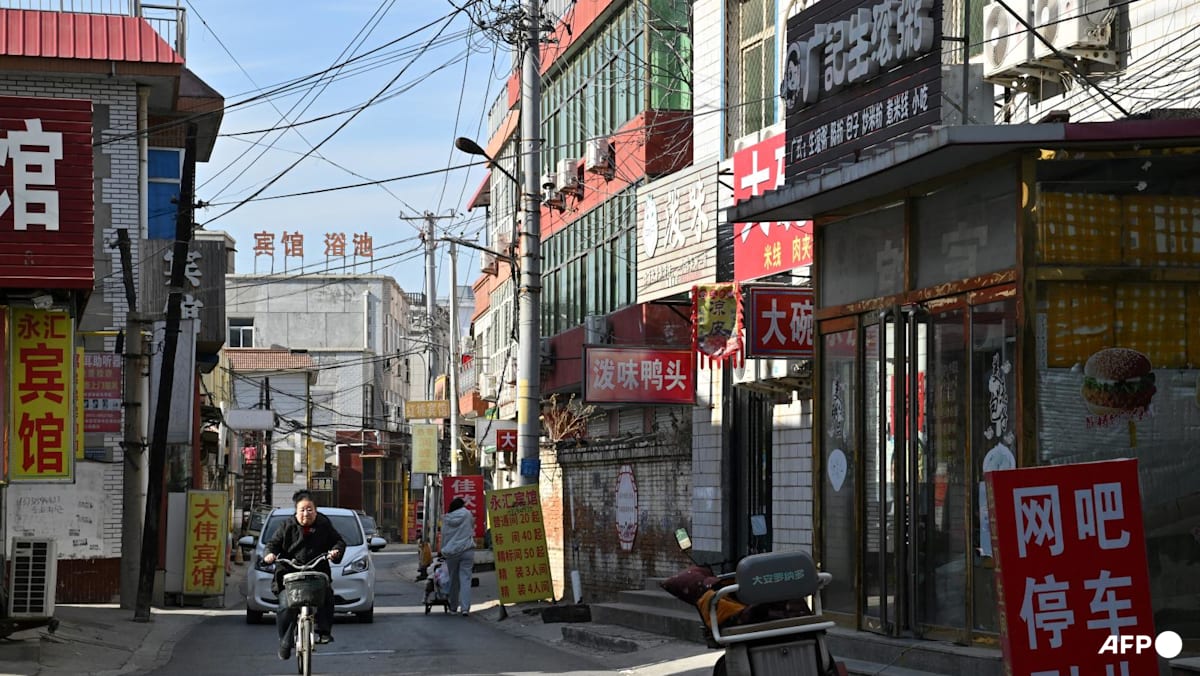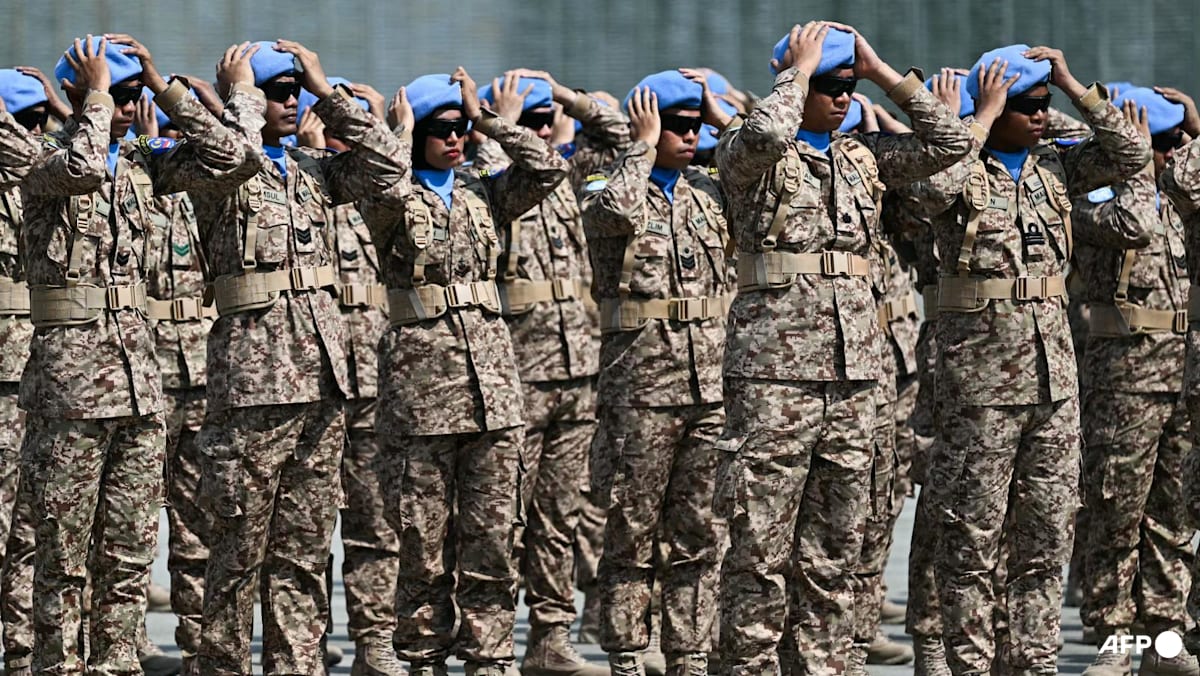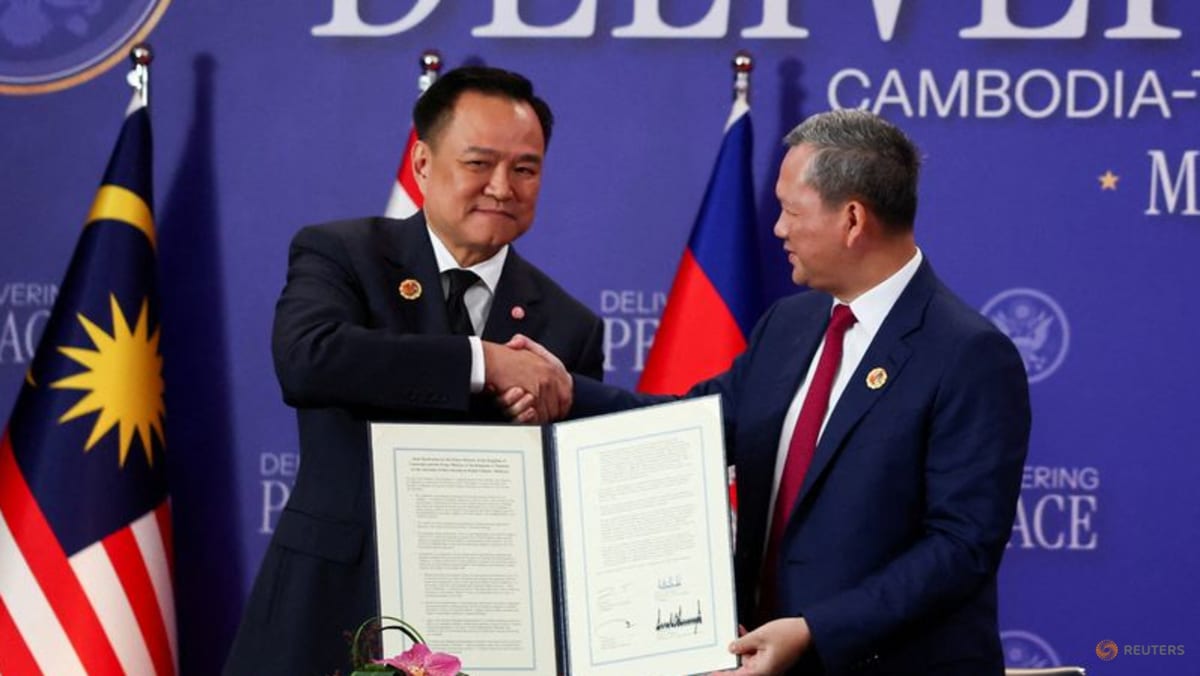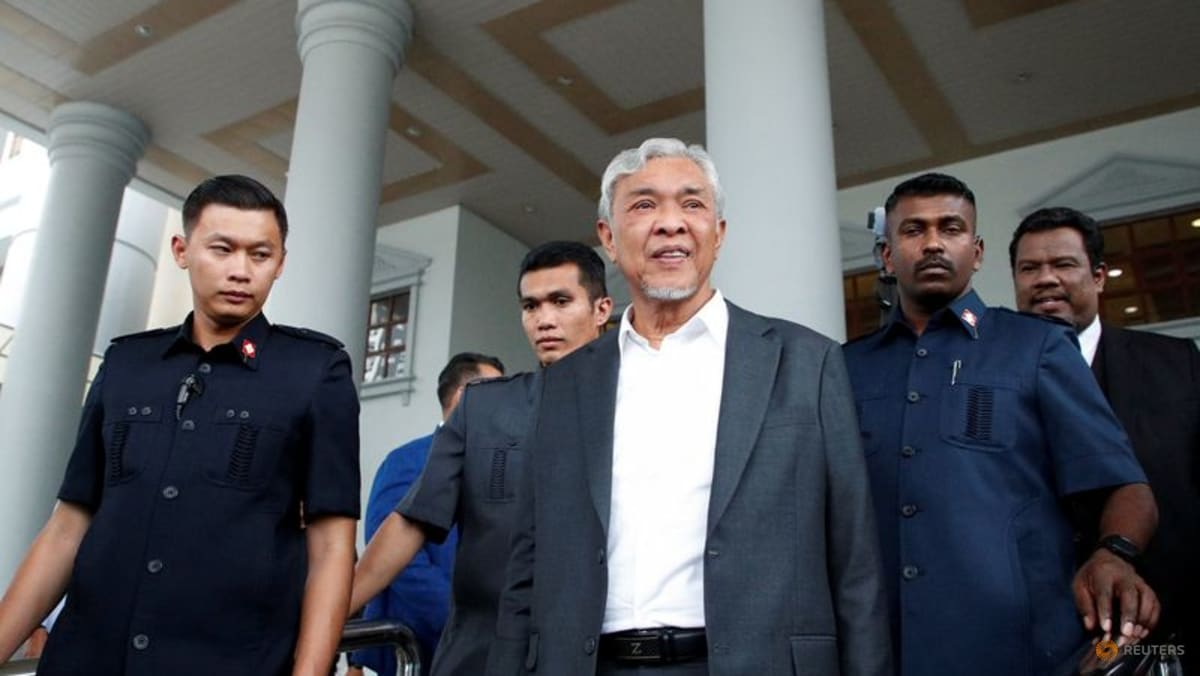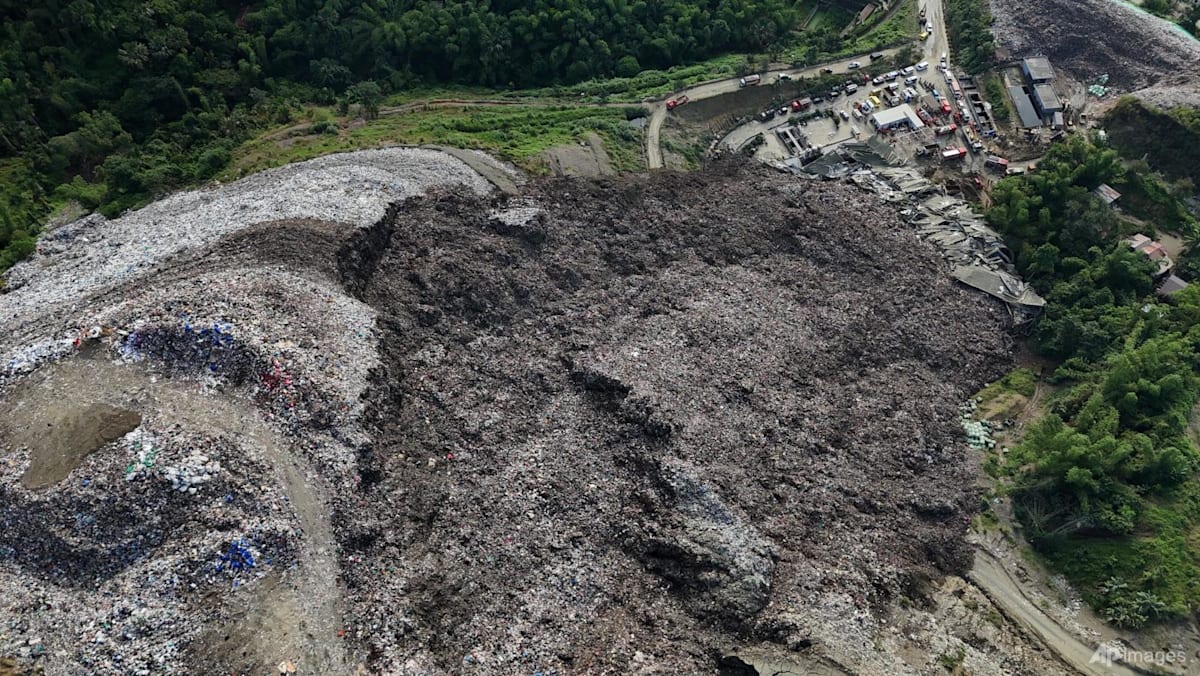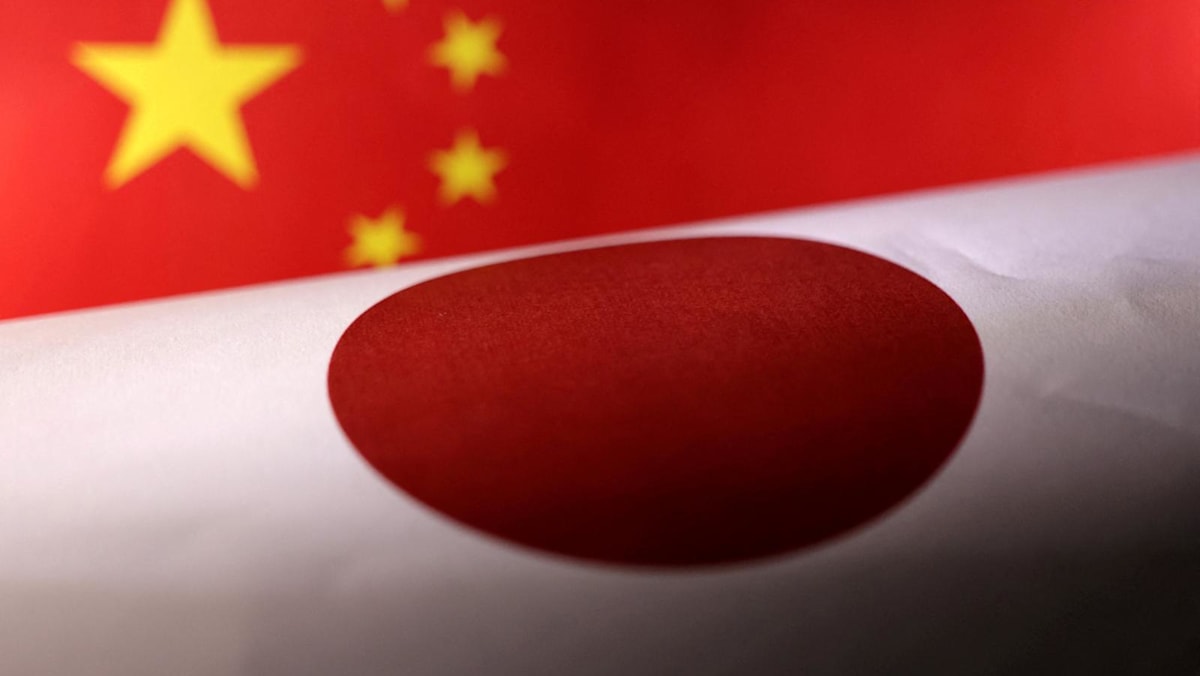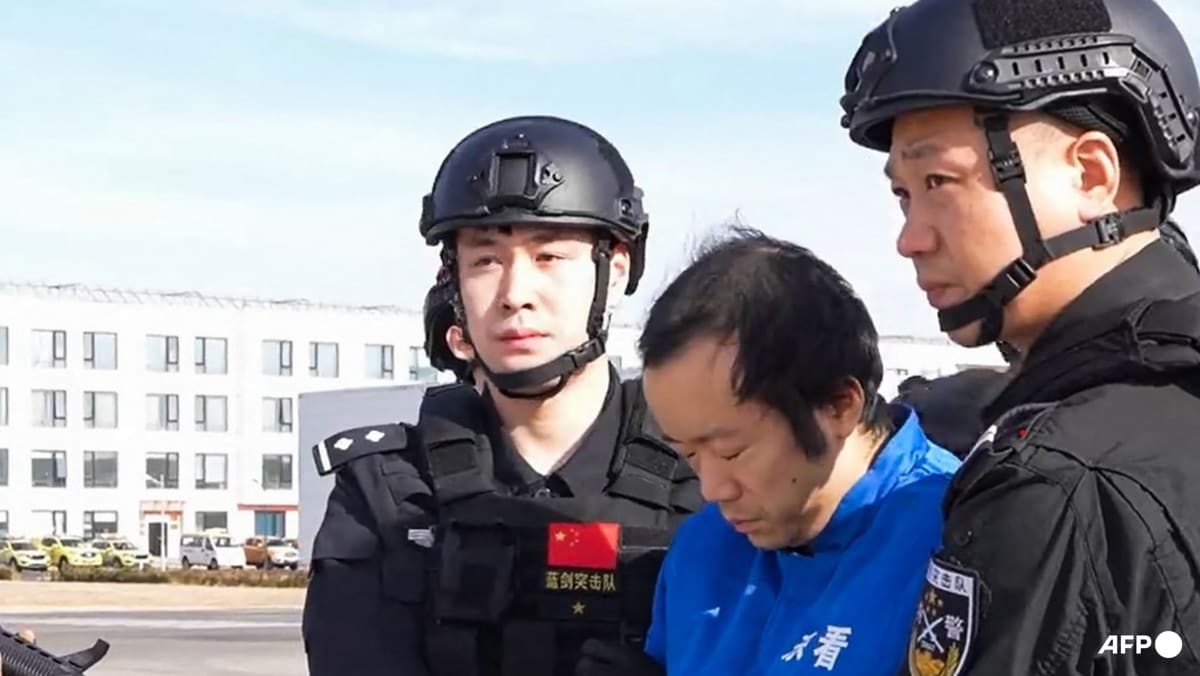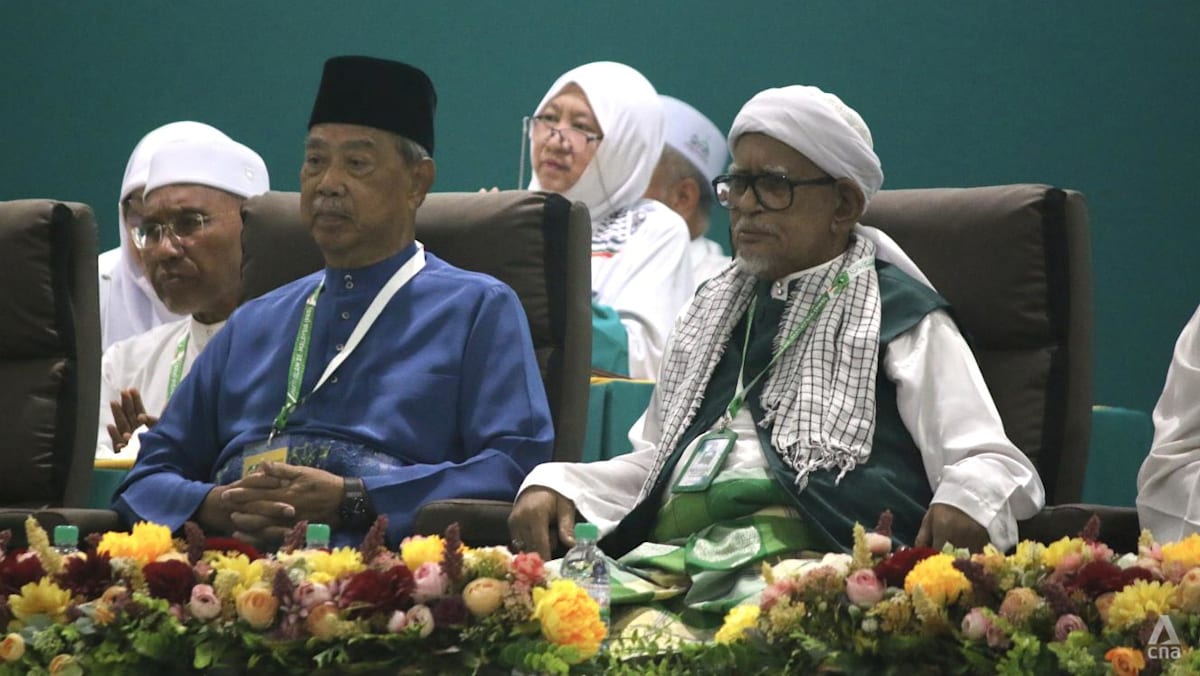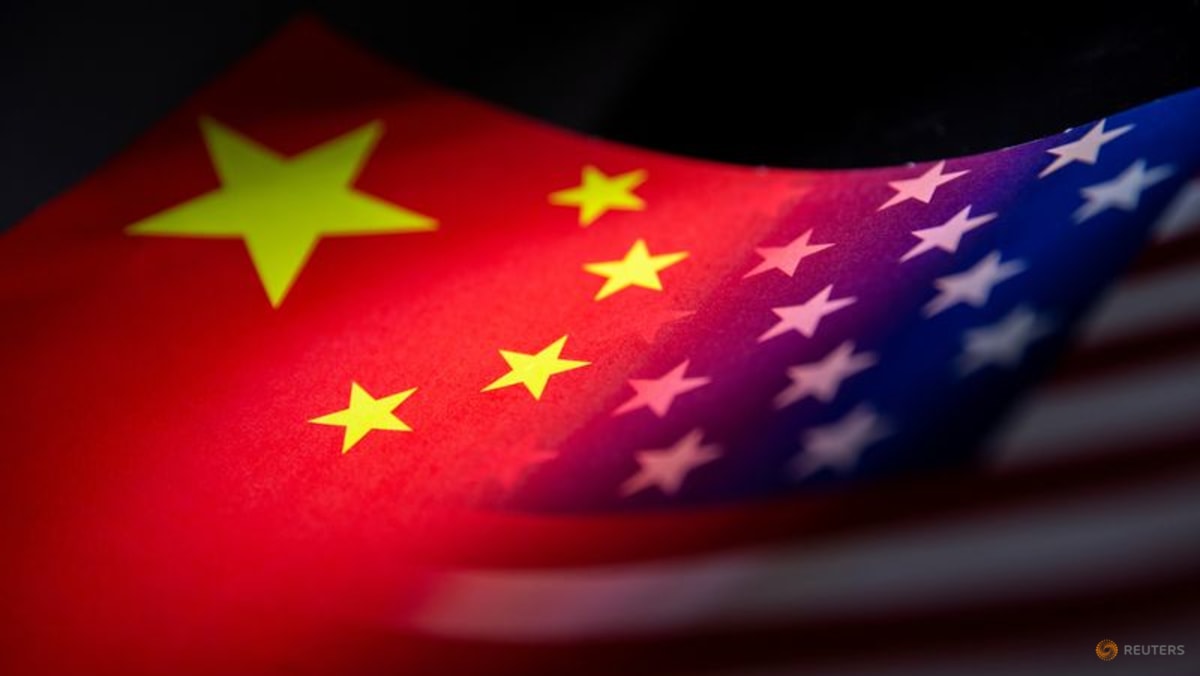Analysis: Why Thailand is at a policy crossroad as ‘last possible qualified’ Shinawatra becomes prime minister
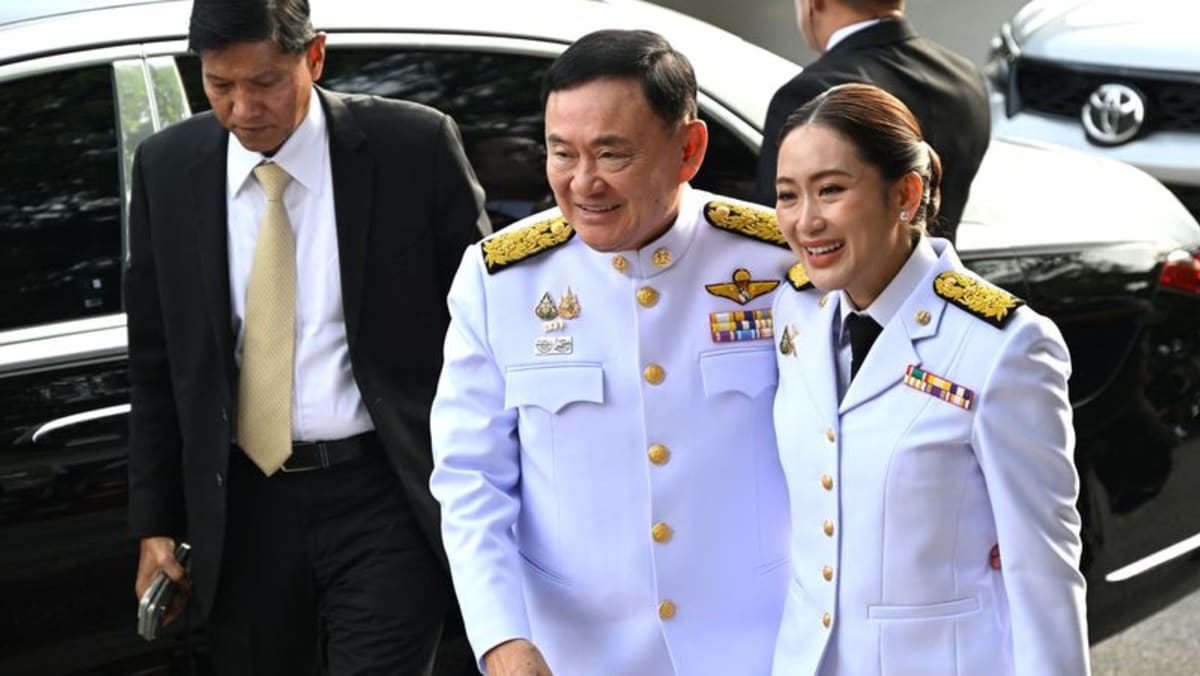
WHAT NEXT FOR DIGITAL WALLET PROPOSAL?
Ms Paetongtarn already had to field questions about whether she would abandon one of Pheu Thai’s key election policy promises, a digital wallet scheme that promised to stimulate the economy and ease the cost of living for citizens.
The wallet would provide 10,000 Thai baht (US$290) to every Thai over the age of 16 for purchases at local businesses. But nearly one year into government, the policy, estimated to cost some US$14 billion, has remained stalled despite about 30 million Thais registering for it.
At her first press conference as national leader on Sunday, Ms Paetongtarn said the government would need to do more “study and listen to additional options”, but said the scheme would not be abandoned.
Questions have lingered over how the policy would be financed, its impacts on inflation and its effectiveness in stimulating a sluggish economy.
There are also broader legal questions about the scheme, presenting possible tripwires for an inexperienced leader.
“There are concerns around this policy, such as possible violations of the State Fiscal and Financial Discipline Act or accusations of inappropriate use of the national budget,” said Mr Somchai.
While the project might still proceed, the government may need to revisit who the handouts target – namely adjusting it to cover only vulnerable individuals – and where the money is sourced, he added.
Public sentiment is also at stake for Pheu Thai, whose popularity has waned in recent years and which took power despite not winning the last election, according to Dr Yuttaporn Issarachai, a political scientist from Sukhothai Thammathirat Open University.
“The digital wallet is a crossroad for Pheu Thai. In one way, if they wish to backtrack they cannot because they have to be accountable to the public,” he said. “If this is cancelled it will surely affect the public’s trust in Pheu Thai.”
The government will be aiming to make sure it is watertight from legal scrutiny to ensure its own survival. That could result in extended consultations or major delays to other major policies, rather than outright cancellations, said Dr Titipol Phakdeewanich, director at the Regional Center for Human Rights at Ubon Ratchathani University.
“Khun Thaksin and Khun Ung Ing probably do not want to take the risk of making legal mistakes,” he said, referring to Ms Paetongtarn by her nickname.
Other populist policies championed by Pheu Thai before the election, such as raising the minimum wage, have also yet to be enacted.
To change such a law requires agreement among multiple stakeholders, including the private sector. Reaching consensus has proven a challenge that has again eroded public confidence in the party’s populist agenda, Mr Somchai said.
“Even though there is a clear policy, this change is quite hard. I think in the future, the election committee should ban the use of minimum wage increase as a policy for political campaigns,” he said.
Source: CNA


